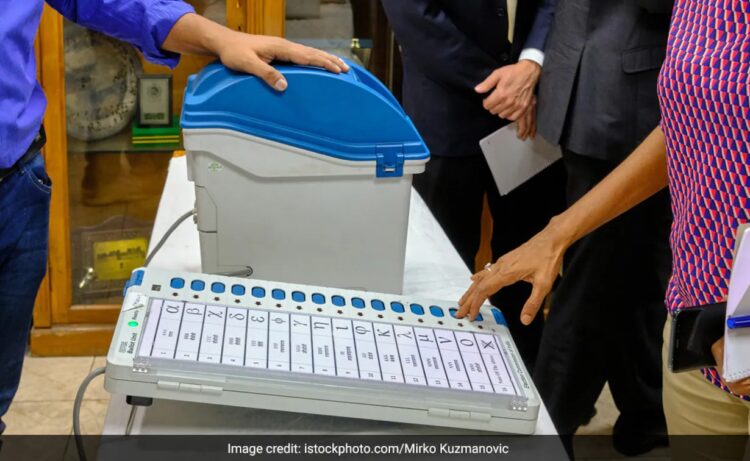In a recent announcement, the Election Commission of India (ECI) revealed that the dates for the much-anticipated 2024 Lok Sabha elections will be unveiled at 3 pm on Saturday. This disclosure was made through a brief statement posted on social media platform X, formerly known as Twitter, earlier today.
The ECI further informed that alongside the Lok Sabha election dates, details regarding the timing for four Assembly polls, slated to occur concurrently, will also be disclosed. It’s noteworthy that the Model Code of Conduct will be enforced from the moment these dates are made public, ensuring a fair and transparent electoral process.
Reflecting on the past election, the 2019 Lok Sabha polls were conducted over seven phases spanning from April 11 to May 19, with the results declared merely four days later.
Several states are anticipated to participate in the upcoming April/May elections, including Arunachal Pradesh, Andhra Pradesh, Odisha, and Sikkim. Moreover, Maharashtra, Haryana, and Jharkhand are scheduled for elections later in the year. Additionally, in compliance with a Supreme Court directive, Jammu and Kashmir, along with Ladakh, is set to conduct Assembly polls by September 30 as the initial step towards regaining statehood.
In a noteworthy departure from convention, the Election Commission has provided a 24-hour notice for a press conference, during which voting dates, polling phases, and other pertinent details, such as security deployments in regions prone to post-poll violence or conflicts with insurgent groups like Maoists, will be unveiled.
Meanwhile, amidst the preparations for the electoral process, West Bengal’s ruling party, Trinamool Congress, has expressed its preference for a single-phase election for the state’s 42 seats, while also urging central security forces to refrain from actions that may intimidate voters.
Adding a layer of complexity to the electoral landscape, the recent appointment of two new Election Commissioners has sparked controversy. The nominations of former IAS officers Gyanesh Kumar and Sukhbir Singh Sandhu were contested by the Association for Democratic Reforms, an organization dedicated to electoral and political reforms. Although the Supreme Court declined to stay the appointments, the matter is scheduled for further deliberation on March 21.
Under the existing legal framework, Election Commissioners are appointed by the President, based on recommendations from a panel chaired by the Prime Minister. This panel also includes a Union Minister and the Leader of the Opposition in the Lok Sabha, currently held by Adhir Chowdhury of the Congress party.
Notably, in March 2023, the Supreme Court suggested revisions to the panel composition for the appointment of Election Commissioners. However, in December of the same year, the government enacted legislation establishing a new selection mechanism, replacing the Chief Justice with a Union Minister in the decision-making process.

















Comments